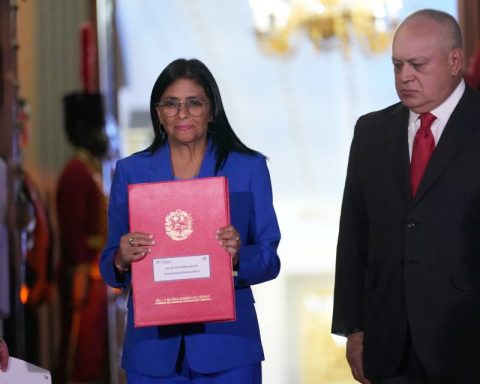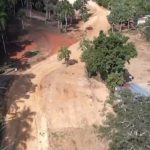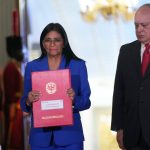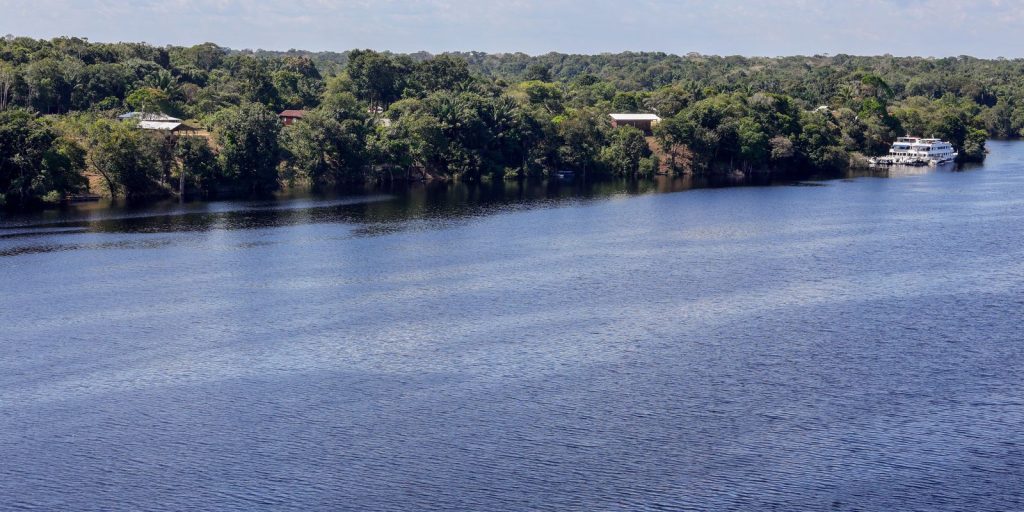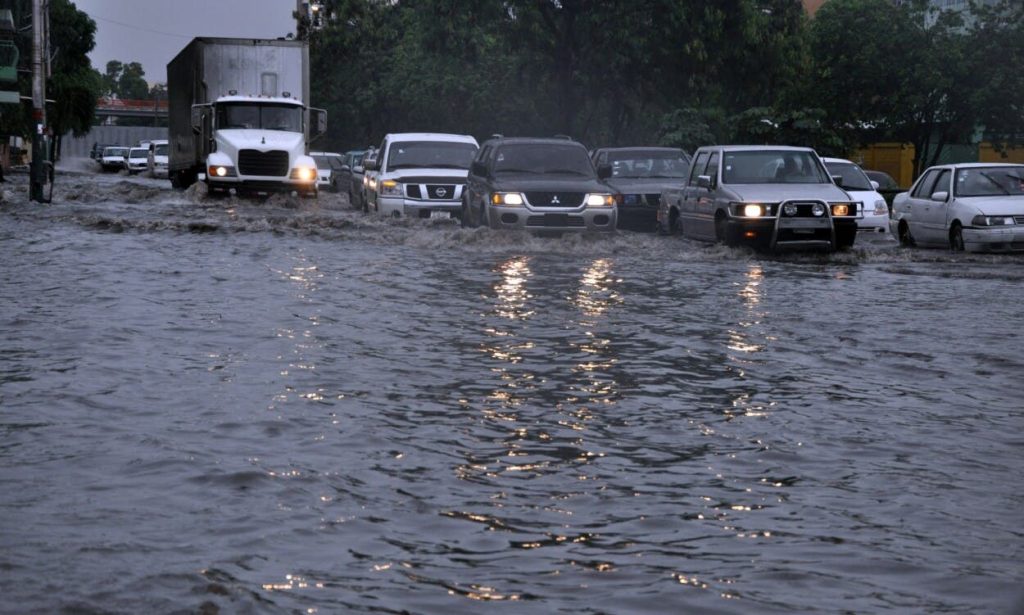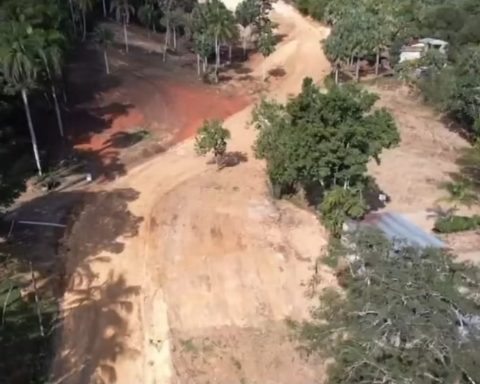On the street, people in Caracas recalled the days in 2019 when the power also went out in a major blackout. But service interruptions are not so unusual in Venezuela, and are becoming more frequent in the capital.
Traffic lights off, businesses open but in darkness, and misinformation: the blackout this Friday, July 30 in Venezuela is a déjà vu of the one that left the country in darkness for several days in 2019, described then by the government, as now, as opposition sabotage.
The outage comes a month after controversial presidential elections in which President Nicolas Maduro was declared the winner for a third term amid allegations of fraud by the opposition.
With the social network X blocked since August 8 and the telephone connection working only partially, many were unaware of the magnitude of the blackout that covers practically the entire country of a population of almost 30 million people.
“It affects me like it affects all merchants, I’m worried about the merchandise,” confesses Ronald Herrera, 39, who opened his shop in Caracas with the hope of selling merchandise that needs refrigeration, such as chicken, meat and cheese.
The power outage occurred at 04:40 local time (08:40 GMT) and nearly ten hours later power had still not been restored in most of the country. In Caracas, power was restored momentarily in some areas, but then went out again.
The blackout is reminiscent of the one that began on March 7, 2019 and lasted five or more days, an extraordinary event in the world. Maduro then referred to an “electromagnetic attack” from the United States with the complicity of the opposition. That year, the government denounced three electrical “sabotages.”
“It is a new electrical sabotage,” said the Minister of Communication, Freddy Ñáñez. “We experienced it in 2019, we know what it cost us in 2019, we know what it cost us to recover the national electrical system since then and today we are facing it with the anti-coup protocols.”
Daily blackouts
Although power outages in Caracas are less frequent than in the interior of Venezuela, the capital has been experiencing intermittent power outages. Two months ago, a power outage in the area left Herrera’s business without electricity for three days. He lost everything he had in his refrigerators, some $400 worth of merchandise.
Just a day ago, one of his refrigerators was damaged by a power surge: he spent another $230 to repair it, an amount that hits his meager profit margins.
His neighbors Carlos Peña and Carmen Pérez also preferred to open their fruit, groceries and sausage sales. “We hope to sell what we have,” he said, looking at the refrigerator where they had about 16 kilos of chicken. They do not have a power plant, because it is rare for the power to go out, unlike in the province, where the power cuts are daily and last for hours.
In cities like Maracaibo, capital of the oil-producing state of Zulia (west), and Ciudad Guayana, in Bolívar (south), where the country’s main hydroelectric plant is located, the day was going on with the normality of a chronic blackout: open shops supported by plants. “I thought it was just another blackout like the ones we have here every day,” says Elena Jiménez, a 66-year-old housewife in Maracaibo, laughing.
The memory
“It reminds me of the blackout years ago, which was very strong,” said Nairelis Ramírez, a resident of Los Puertos de Altagracia, near Maracaibo. “We are waiting to see what happens.”
The 2019 crisis coincided with one of the worst moments of the economic crisis in the country. People lost food and were left without communication due to the lack of batteries in their phones and the failure of the telephone network.
In Zulia, for example, one of the hottest states in the country, with average temperatures of 38-40 degrees Celsius, many people stood in long lines for a glass of cold water or slept in public squares to take advantage of the night breeze.
The 2019 blackout also gave way to de facto dollarization in the country. With no local currency available in cash and no electricity to pay with a card, the population began to pay with dollars they had kept at home, with no turning back even though these were prohibited transactions.
In a square in the centre of Caracas, 30-year-old Leticia Quiroga is waiting for instructions: she is a civil servant and does not know if she should go to the office. “Because one is mentally accustomed to certain things… I got ready to go to work,” she says.
*Read also: Maduro once again alleges “attack on Guri” for blackout on #30Aug
Post Views: 557

